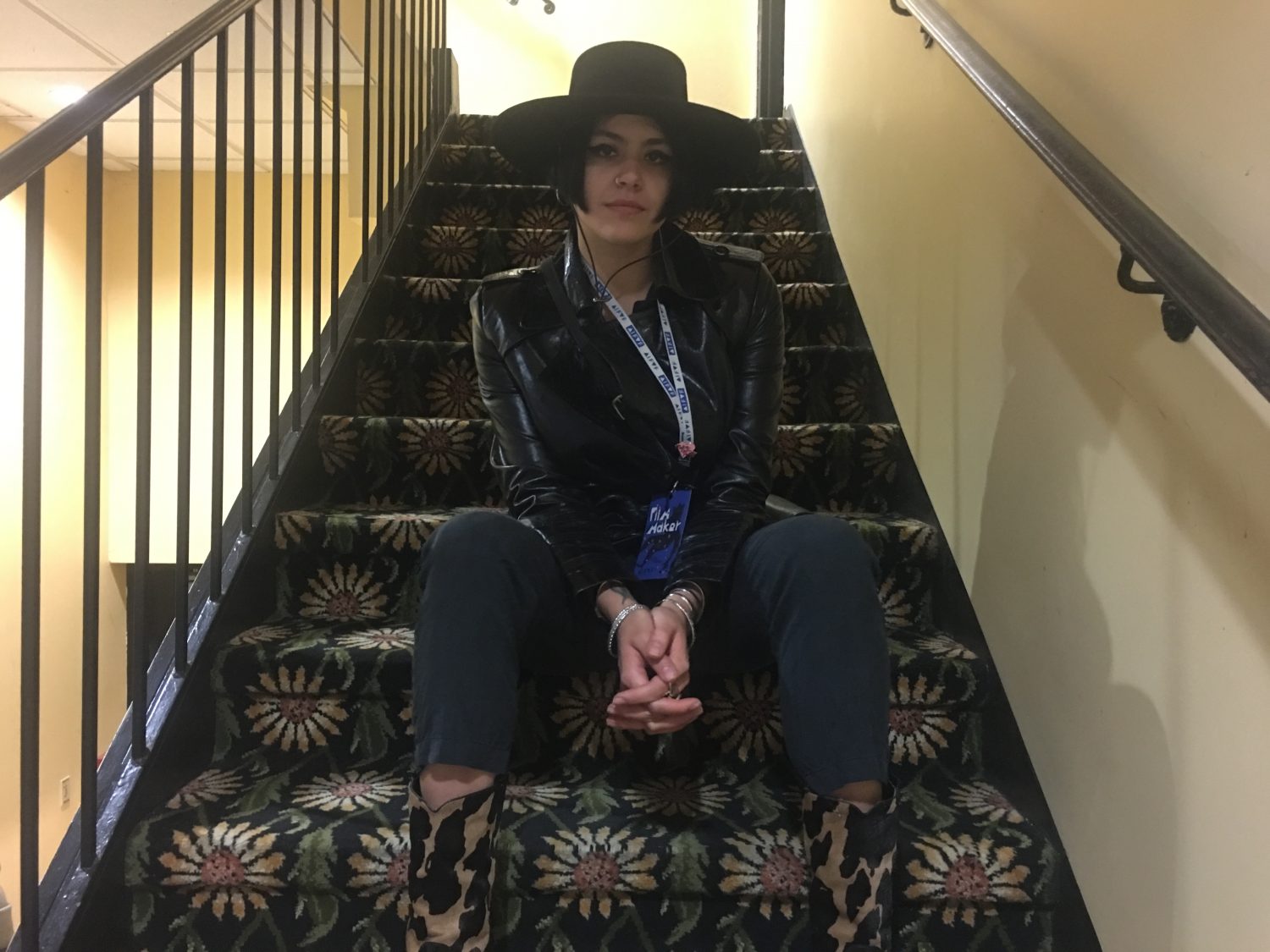
Film Festivals and Queer Film Representation
By: Kenyetta Whitfield, Tanner Bidish
Posted on:
Recently queer films like moonlight and call me by your name have been embraced by mainstream audiences but there are still issues with queer film representation within cinematic spaces. The Outlet’s Kenyetta Whitfield spoke with some folks involved in the queer film world about the importance of having a space for movies about the queer experience.
Movie theaters have always served as a home away from home. They’re cozy, the warm aroma of fresh popcorn fills the air and there are always good stories. This is how Tim Ward—a native West Virginian and founder and director emeritus of the Appalachian Queer Film Festival, has always felt about the movies.
“I had always had like a passion for film and like growing up really really loved film and never really had the chance being a gay man a member of the LGBT community in West Virginia to kind of see queer film,” said Ward. “In our state, we don’t necessarily have independent theaters that show that genre of film.”
For Ward, the festival is a way to improve his home state.
“I was thinking, how can I make the state better?” said Ward. “How can I have a direct impact on the lives of LGBTQ people in West Virginia and this idea of the film festival came to mind.”
Similar to the Appalachian Queer Film Festival, the Athens international film and video festival is a welcoming space for queer filmmakers.
Emily Esperanza, a Chicago-native, screened her film “make out party” at the festival during a segment called the queer and now.
Festivals are awesome, and we are super grateful for Athens especially, that was really a festival and community,” said Esperanza. “The kind of thesis of this film is rooted in the underground, and the community that came together to make it happen- that kind of exists outside the festival structure and outside the structure, in general, that is recognized by the mainstream or public eye. So, it’s important to bring this film to communities that might not otherwise see it, and that kind of made it possible.”
Former Ohio University MFA student, Rani Crowe is also happy for the chance to screen her film. She believes queer films are universal stories.
“I absolutely want people that understand and liked the film and appreciate what it is to see that and program it and support it,” said Crowe. “But I’d also like to get beyond just the label of queer film.
Esperanza believes it is critical to realize queer films aren’t just movies filled with tragedy.
“It’s also important to have other perspectives that are lighter because you know, it’s a fun thing,” said Esperanza. “It’s fun to be queer. it can be, a lot of fun.”
More than having fun, these films, according to Ward can help bring communities together.
“So, the fact that like we’re able to exist and just in existing create change in folks hearts and minds about what it means to be queer in Appalachia, I think means that impact is bigger than what I expected,” said Ward.
Whether for a queer-specific audience or not, queer films have a place at festivals like those in West Virginia and Athens because they expand the world of cinema and present audiences with new and different stories.
*

